The Most Dedicated Employees of the Manufacturing Industry – Robots
The first industrial robot Unimate joined the work force in 1961 when it started pouring liquid metal in die cast for General motors. Its ability to handle 500 pound payloads made it clear that robots have a huge potential in the manufacturing industry. Robots have since become the most dedicated employees in the manufacturing industry working 24×7, 365 days an year without any demands.
Industrial Robots Worldwide
The robots that can be found on today’s factory units are smarter, more adaptable and work well in a collaborative environment. These robots cannot only perform difficult task like wielding, grinding, cutting to delicate jobs of assembling smartphones. If we look at the trends currently South Korea tops the charts in terms of the number of robots deployed in the manufacturing workforce per 10,000 employees with 437 robots followed by Japan with 323 robots, Germany with 282 robots, US with 152 and China with 30 robots working per 10,000 employees. The advantages of deploying robots in the high wage countries are considerable cost savings and safeguard against outsourcing work to cheaper labour cost countries.
Auto Industry Robots
The robots are highly responsible for Japan’s success in the auto industry. While Renault SA plant in France have robots made by Universal Robots AS of Denmark drive screws in engine. Australia’s Drake Trailers installed a single welding robot on its production line and benefited from it with a staggering 60% increase in productivity. The other auto giants are using robots to lift, weld, and apply glue & paint. The robots are also taking care of the wiring inside the modern age cars.
The new age industrial robots have been designed to work in an environment in collaboration with humans. The robots can use cameras, sonar and other advanced technologies to sense presence of human beings in their proximity and avoid hurting them. The earlier robots which were incapable of such judgements were responsible for many accidents which can now be easily avoided.
Advantages
Robots not only improve the quality of a process but also ensure delivering at high quality benchmark levels. Robots can perform with precision and high repeatability. The industrial robots speed up the overall manufacturing process and can operate consistently without breaks. Robots can take care of hazardous job in dangerous environment which was earlier performed by humans being under constant risk. Robots provide huge savings on cost as there are fewer healthcare and insurance concerns for the employees. Robots also provide a competitive edge and can achieve low cost operations widening the profit margins which have made them lucrative in the manufacturing industry.
Industrial Robots Examples
Baxter
Baxter is an industrial robot that facilitates line loading and machine tending. It can also take care of packaging and material handling. You can deploy Baxter to handle monotonous tasks. This smart robot has ability to seamlessly integrate in a collaborative environment, working side by side with humans without being a threat. This robot can be trained rather than the need of it to be programmed. Baxter can be deployed on multiple tasks with its ability to be retrained for each task assigned.
KUKA
When it comes to auto industry, KUKA is robust and dynamic solution to handle a wide range of applications. KUKA have high precision and accuracy while performing laser operations. They can very well carry the heavy weld guns. With universal application, these robots perform well with one hand operation. They are easy to integrate in any process and provide safe work conditions especially in collaborative environments.
FANUC
Fanuc M 1 iA robots are well suited for small parts assembly but they can also be deployed in task such as part transfer and finishing. Fanuc robots are used for painting in automotive and aerospace industries. These robots are designed to promote safety in an environment where they are working alongside with humans. The backbone of these robots is a strong software development team that program these robots to easily integrate in a dynamic environment.
Conclusion
With the latest technological advancement like Internet of Things and Big Data, there would be more practical implementations of industrial robots as they can be monitored and supervised more efficiently. Robots have brought efficiency and speed in the manufacturing process but the initial cost of investment in installing a robot is still high and out of reach for small scale industries.
About the Author:
Vaishnavi Agrawal loves pursuing excellence through writing and have a passion for technology. She has successfully managed and run personal technology magazines and websites. She currently writes for Intellipaat, a global training company that provides e-learning and professional certification training.
The courses offered by Intellipaat address the unique needs of working professionals. She is based out of Bangalore and has an experience of 5 years in the field of content writing and blogging. Her work has been published on various sites related to Hadoop, Big Data, Business Intelligence, Cloud Computing, IT, SAP, Project Management and more.

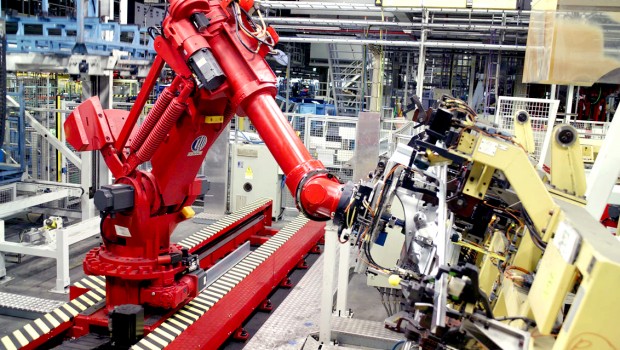
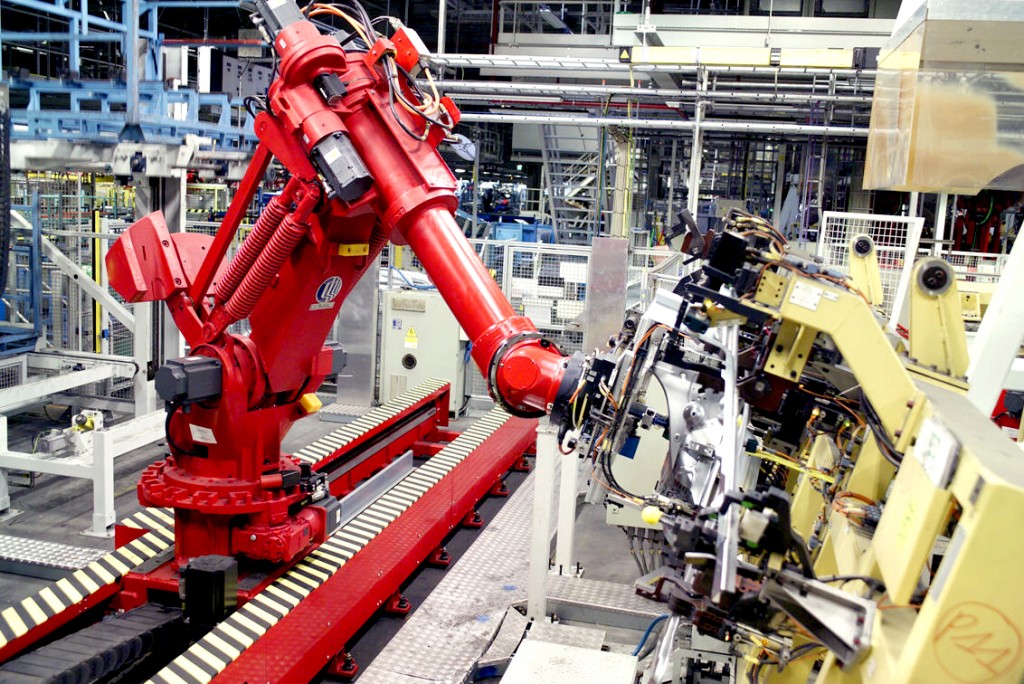
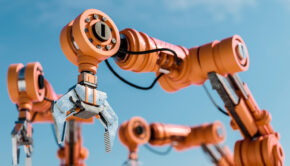
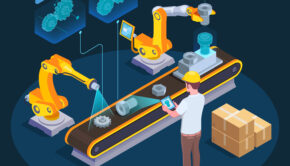
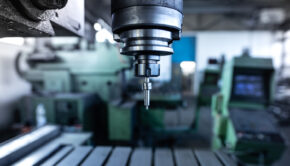
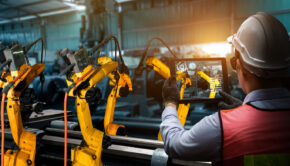










Pingback: Robots!